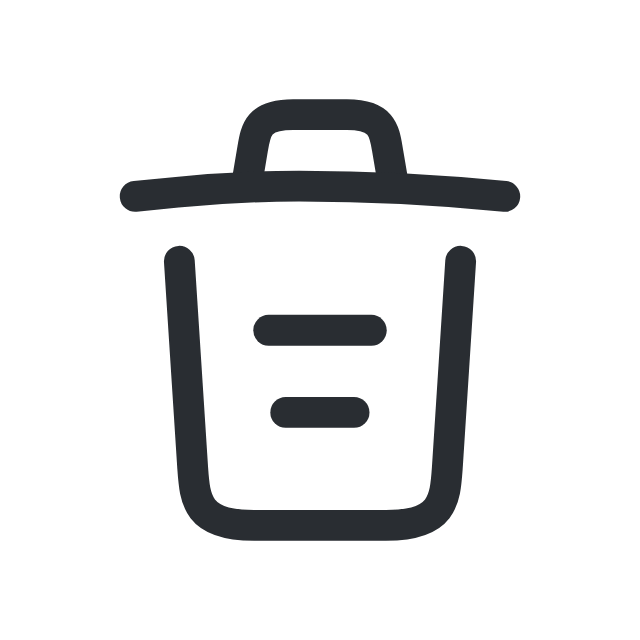Emergency Assistance for Postsecondary Students (EAPS) Grant Program
Improving college retention and completion for students experiencing food/housing insecurity or an unforeseen financial emergency
The Office of Higher Education administers the Emergency Assistance for Postsecondary Students (EAPS) Grant Program to foster postsecondary attendance and retention for low-income students by providing funding and resources to Minnesota colleges and universities with a demonstrable homeless population. Grant funds are intended to meet immediate student needs related to housing, food, and transportation that would otherwise prevent students from completing their term.
Funding Source
The Minnesota Legislature established the EAPS Grant Program in May 2017. The 2019 Legislature provided $269,000 each year of the 2019-2020 biennium to support the grant program. The results of the 2021 legislative session will dictate funding levels for the 2021-2022 biennium.
Request for Proposals ‐ Now Live
As of April 12, 2021 the EAPS grant competition is live. The Minnesota Office of Higher Education is now accepting proposals for 2021-2022 biennium funding and encourages all eligible applicants to apply. The timeline leading up to proposal submission is as follows:
April 12, 2021 ‐ RFP released
May 3, 2021 ‐ Webinar for interested applicants*
May 14, 2021 ‐ Deadline for Intent to Submit form submission
June 4, 2021, 4:30pm ‐ Deadline for proposal submission
*To register for the webinar, please contact Kelly.Gibson@state.mn.us with the subject line: EAPS Registration.
For more information and forms needed to apply, see the EAPS Request for Proposals and EAPS Budget Spreadsheet.
Proposals are reviewed and scored by a panel of community reviewers who have professional or lived experience with: basic needs insecurity, youth homelessness, financial aid, low-income student support, and human/social services, among many other content areas. If you are interested in being a community reviewer, please contact Alaina.DeSalvo@state.mn.us. Community members that are a part of groups traditionally underrepresented in college are encouraged to sit on a review panel and may qualify for a small stipend for participation.
Eligibility
Minnesota postsecondary institutions with a demonstrable homeless student-population may apply for EAPS Grant funding.
Fiscal Year 2020 Grant Recipients
- Minnesota State Community and Technical College (M State), M State Emergency Needs Fund
- Saint Paul College, Emergency Funds for Student Success
- Red Lake Nation College, Oshki Manidoo Emergency Aid Program: Emergency Assistance for Red Lake Nation College Students
- St. Catherine University, Katies Emergency Help
- Century College, Emergency Assistance for Postsecondary Students Program
- Pine Technical and Community College, Pine Technical and Community College Emergency Student Support
- Normandale Community College, Normandale Cares Student Emergency Assistance Program
- South Central College, South Central LifeSaver Program
- Minnesota State University, Mankato, Emergency Grant
- Metropolitan State University, METRO STATE SUPPORTS
- Central Lakes College, Students Support Fund (SSF) Program
- St. Cloud Technical and Community College, Helping Overcome Barriers to Promote Excellence (HOPE) Grant
- St. Cloud State University, SUSTAIN: Supporting University Students to Alleviate Insecurity Now
- Minneapolis Community and Technical College, Assistance to Achieve Grant
Contact
If you have questions or would like additional information on the Emergency Assistance for Postsecondary Students Grant Program, contact Alaina DeSalvo by email at Alaina.DeSalvo@state.mn.us or (651) 259-3988.
For Students:
Students in need of emergency assistance should contact the financial aid office at their college or university. For additional resources, see our Student Homelessness in Higher Education webpage.
Reports
Quick Links
- Why College?
- Explore Your Interests & Careers
- Prepare at School
- Summer Academic Enrichment Program
- Earn College Credit in High School
- Recommended High School Classes & Graduation Requirements
- Advice for Students with Disabilities
- Succeed as an Adult Student
- Useful College Prep Resources
- Minnesota Goes to College!
- Get Ready Program Overview
- College Planning Presentation Information
- College Navigator Presentation Request Form
- Minnesota Indian Scholarship Program Outreach
- Competitive Grant Programs
- Dual Training Grant
- Public Engagement Calls
- "Life After Now" Podcast
- Certified Nursing Assistant Training
- Direct Admissions Minnesota
- Collecting Data from Minnesota Postsecondary Institutions
- Campus Financial Aid Administrator Resources
- Statewide Financial Aid Conference
- Campus Student Enrollment Reporting Resources
- Ordering Materials for Your Students
- Supplementing Your College Counseling
- Early Awareness Efforts
- Student Homelessness in Higher Education Resources
- Shared Library Resources
- MN FAFSA Tracker
- Campus Sexual Violence Prevention and Response
- Statewide FAFSA Filing Goal
- Financial Aid Estimator
- Online Applications
- About Financial Aid
- What Does College Cost?
- Tips for Lowering the Cost of Higher Education
- Institutional Payments
- Financial Aid You Don't Repay
- Financial Aid You Must Repay (Student Loans)
- Financial Aid You Earn
- Military Service Education Benefits
- Reduced Out-of-State Tuition Options
- Education Tax Benefits
- New Video Demystifies Paying for College
- Public Service Loan Forgiveness
- Useful Online Resources
- Ready, Set, FAFSA!
- Data Maps and Infographics
- Educational Attainment Goal 2025
- Minnesota Measures
- Minnesota P-20 Statewide Longitudinal Education Data System
- College Readiness & Participation Data
- Student Enrollment Data
- Degrees, Graduation Rates, Attainment & Outcomes
- Financial Aid Data & Trends
- Tuition & Fees Data
- Student Health and Safety
- Institution and Data Search
- Transfer Students
- Research Reports
- A-Z Data Table Index




